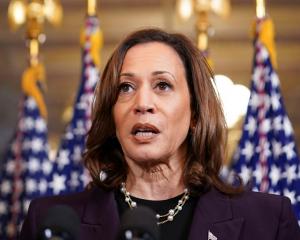- Watch the full interview below
China’s competing goals for Hong Kong mirror what is happening in the country at large, Prof Robert Patman says.
China wants to clamp down on what it considers subversive ideas in Hong Kong, but at the same time wants the island territory to remain a lively, global financial hub.
These goals are at odds and reflect a similar tension the country’s communist leadership faces on the mainland, the international relations specialist told Global Insight.
"The question is, can China reconcile these two apparently contradictory objectives?" Prof Patman said.
This week, China was criticised by the United Kingdom (UK) for using a national security law to clamp down on freedoms in Hong Kong.
Chinese leaders have responded by telling the UK to "immediately stop interfering" in "purely China's internal affairs".
Hong Kong was handed back to China by the UK in 1997 under an agreement giving Hong Kong some autonomy until 2047.
In 2020, Beijing imposed sweeping national security laws after months of sometimes violent anti-government protests in Hong Kong.
"It doesn't want Hong Kong to be the source of potentially subversive ideas within Communist China," Prof Patman said.
"At the same time . . . it wants Hong Kong to remain a dynamic, vibrant financial hub that is open to the rest of the world."
This tension was replicated in mainland China which has partially decentralised its economy, fostering growth that has made it a global superpower.
"Which in turn is causing problems about control at home.
"The response . . . has been to slam on the brakes."
Prof Patman also addressed the UK’s relationship with Hong Kong, China’s aspirations regarding Taiwan and New Zealand’s way of dealing with China.











